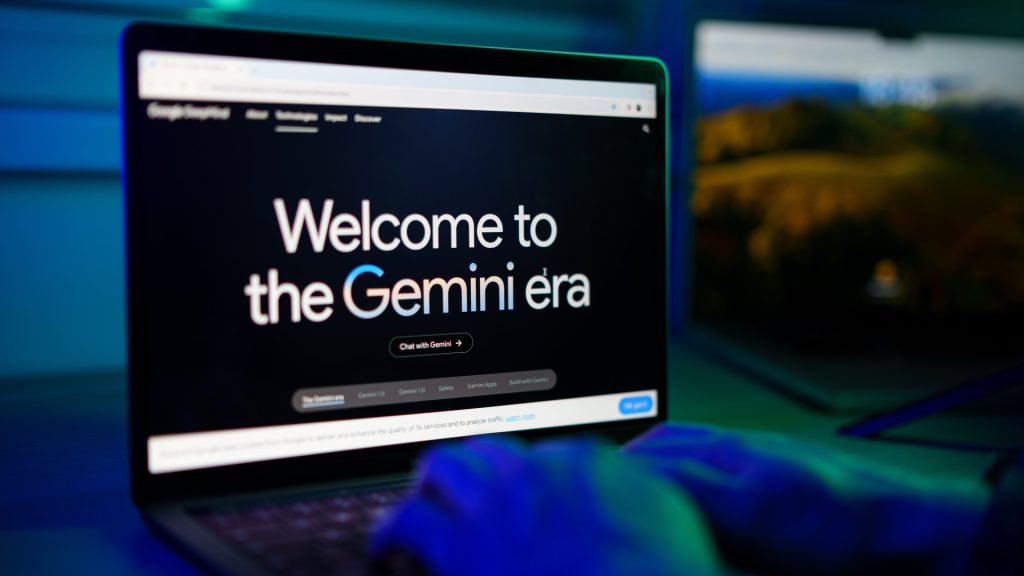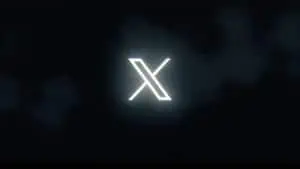Six months after the embarrassment with images of black Nazi soldiers, Google is once again allowing depictions of people with its AI software. The function will initially be available to subscription customers of the AI chatbot Gemini, as Google announced in a blog post.
Google’s Imagen 3 software – similar to various competitor programs – can generate images based on voice commands. The option to also generate images of people was switched off in February. Prior to this, users had noticed that the AI also adhered to today’s diversity standards when generating images from times long past – with sometimes absurd results. For example, images of black soldiers in the uniforms of the racist Nazi regime were generated.
At the time, Google explained that it had failed to program exceptions for cases in which diversity was definitely out of place. At the same time, the company basically defended diversity in the creation of AI images: It was a good thing, as people around the world used the software. In this specific case, however, they had overstepped the mark.
Too little AI diversity a real problem
In recent years, there have often been problems with stereotypes and discrimination in artificial intelligence applications. For example, facial recognition software was initially poor at recognizing people with black skin. When AI generated images, it was often mainly white people who were initially depicted.
Not only at Google, but also in other companies, developers are therefore striving for more diversity. Sometimes this gets them caught in the middle. In the USA in particular, there is a vocal movement, including tech billionaire Elon Musk, which denounces alleged racism against white people. In particular, the refusal of Google software to only generate images of white people aroused their ire.
No AI images with well-known people on Google
Google AI will continue to refuse to attempt to generate photorealistic representations of famous people. However, some competitor programs such as Grok from Musk’s AI offering xAI do this. Particularly ahead of the US presidential election in November, there are fears of AI-generated fake images that could be used to manipulate opinion.
dpa





